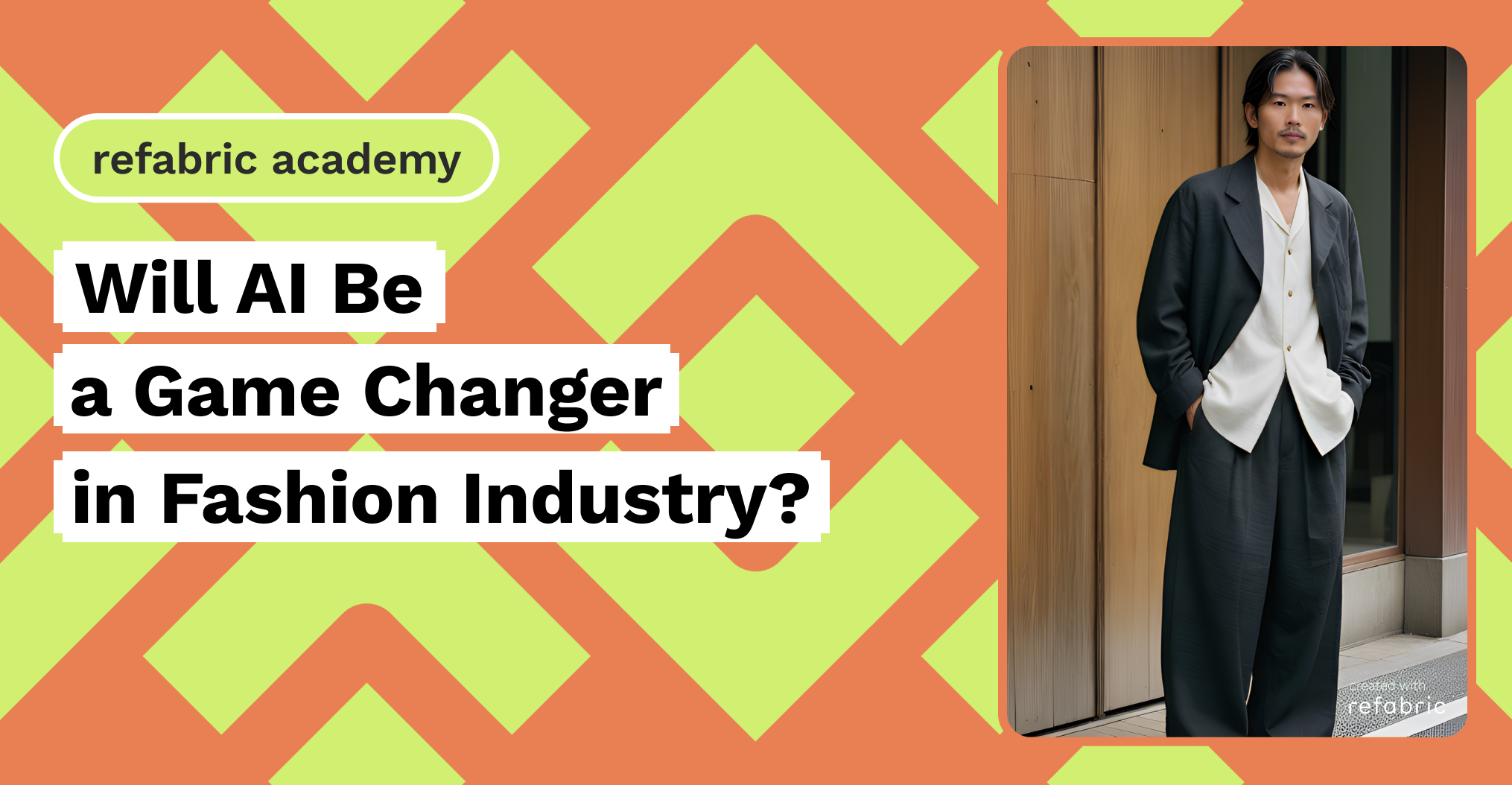Artificial intelligence has quickly become ingrained in our lives, with its presence felt prominently in creative industries. The fashion sector is no exception. In fact, during New York Fashion Week, we encountered a brand, Collina Strada, which prepared its entire collection using AI for the first time. Designer Hillary Taymour expressed, “I’m a very visual person. I like to be overstimulated, and I really believe in and am interested in the internet. There’s so much stimulation. I want to give everyone so much so they don’t get bored, so I just try to constantly give, give, give.” And it seems she has delivered on her words…
Collina Strada isn’t alone in this endeavor. Brands like Revolve, Gucci, and Private Policy are also exploring creative avenues with AI. While many brands are not yet utilizing AI in their designs, they actively employ it for marketing and clienteling purposes.
And this is just the beginning…
It’s evident that the fashion industry is curious about AI, yet also hesitant. Like many sectors, there’s a concern in the fashion world that AI might take over jobs. However, it’s fair to say that excitement and curiosity outweigh concerns. After all, the world is on the cusp of change…
Wes Gordon of Carolina Herrera further supports this notion: “AI absolutely has a place in fashion design. We use technology in our pattern-making; it’s done by drape and then computerized. We’re constantly rendering things quickly to see embroidery placements and mock-ups, and things like that. But certainly not to the extent of AI. I’m excited to see the potential it can bring. I’m very romantic and old school about how I approach things, but if history has taught us anything, it’s to not be afraid of newness. And sure there are things to be afraid of — but there are things to be excited about.”
So let’s leave aside the fears, and explore those “things to be excited about”…
Tailored Styling and Recommendations for Customer Satisfaction and Loyalty
73% of shoppers expect brands to understand their personal tastes and preferences. This expectation will make AI indispensable in the fashion industry in the coming years. Already, some brands are using AI to offer customers a tailored experience. For example, Styleriser, a B2B German company, leverages AI to provide personalized image consulting solutions, acting as a digital shopping assistant by recommending ideal colors based on individual skin tones.
Who wouldn’t want to experience such a personalized shopping journey?

A More Sustainable Fashion Approach
The fashion industry generates 186 billion pounds of textile waste annually, with 87% ending up in landfills or incinerators. Tech innovations like AI are crucial for optimizing supply chains and reducing waste.
Companies like H&M and Zara are integrating AI into their operations, and initiatives like Refiberd utilize AI Waste Sorting Systems to redirect up to 70% of textile waste for recycling. As sustainability becomes a priority for 75% of Gen-Z shoppers, AI will undoubtedly play a significant role in achieving a more sustainable fashion industry.
AI as a Creative Ally
AI aids fashion design creativity through platforms like Mango’s ‘Inspire’ and Calvin Wong’s AiDA, preserving designer creativity while offering suggestions for improvement. Nike’s use of AI in creating the eco-friendly ISPA Universal shoe showcases innovation in material selection and design. Overall, AI-driven solutions are revolutionizing fashion design, from concept generation to product realization.
AI-Powered Fashion Trend Analysis
Fashion forecasters previously relied on qualitative methods, but now AI tools analyze diverse datasets like runway images and social media posts for quicker trend identification. Heuritech in Paris and Trendalytics in New York utilize AI to provide up-to-date trend analysis, assisting fashion brands and retailers in maximizing sales and promoting sustainability by avoiding out-of-trend production.
Virtual Fitting Rooms
If you’ve ever experienced the disappointment of online shopping, where reality doesn’t quite match expectations, you’re not alone. 42% of online shoppers feel excluded due to the absence of representation in model images, while 59% express disappointment when purchased items don’t meet their expectations.
AI enhances online shopping by tackling virtual sizing and fit concerns, as demonstrated by Nike Fit, which utilizes AI to suggest shoe sizes by scanning users’ feet via smartphone cameras. Google’s AI-powered virtual try-on for Google Shopping further addresses sizing issues by offering over 40 diverse models, catering to various body shapes and skin tones.
